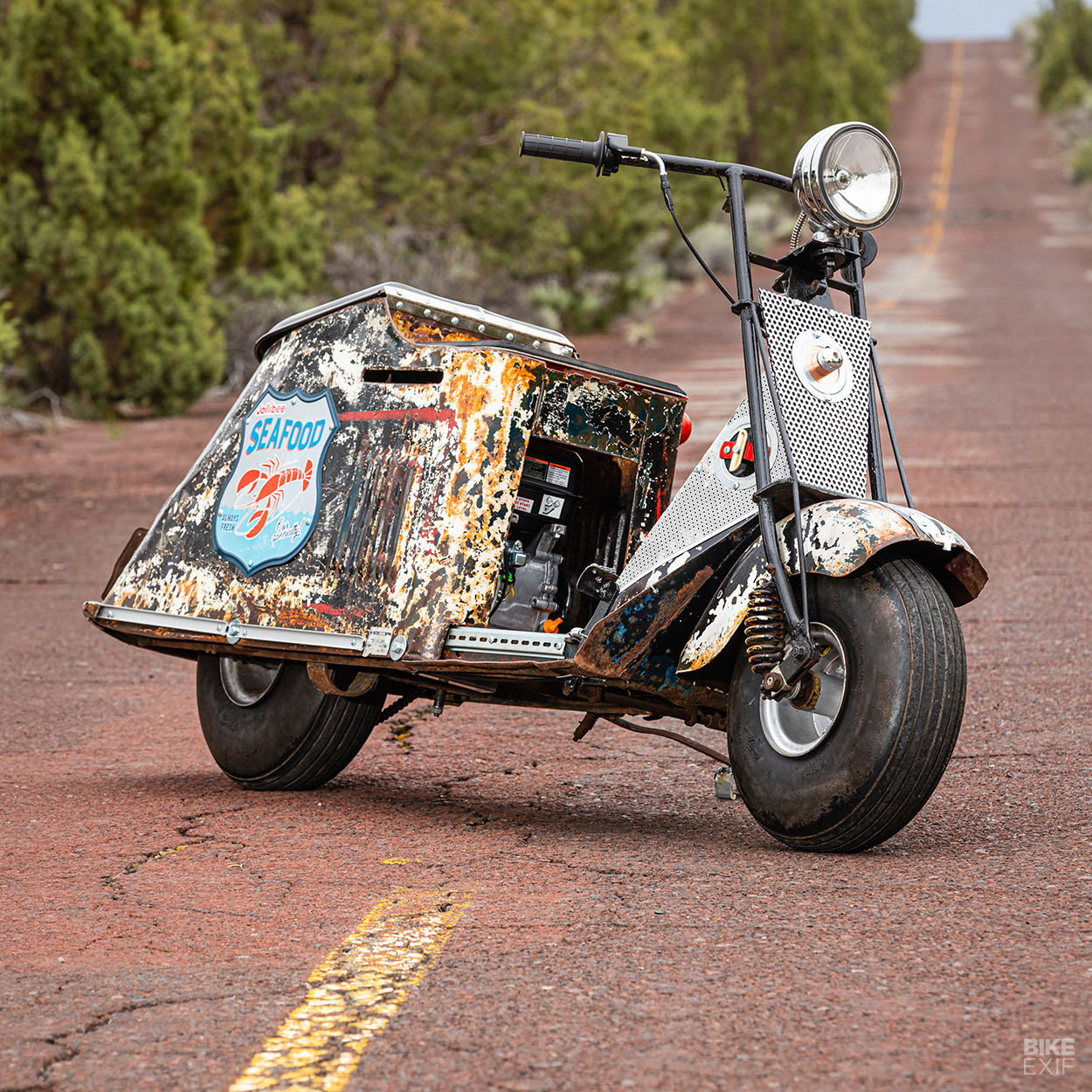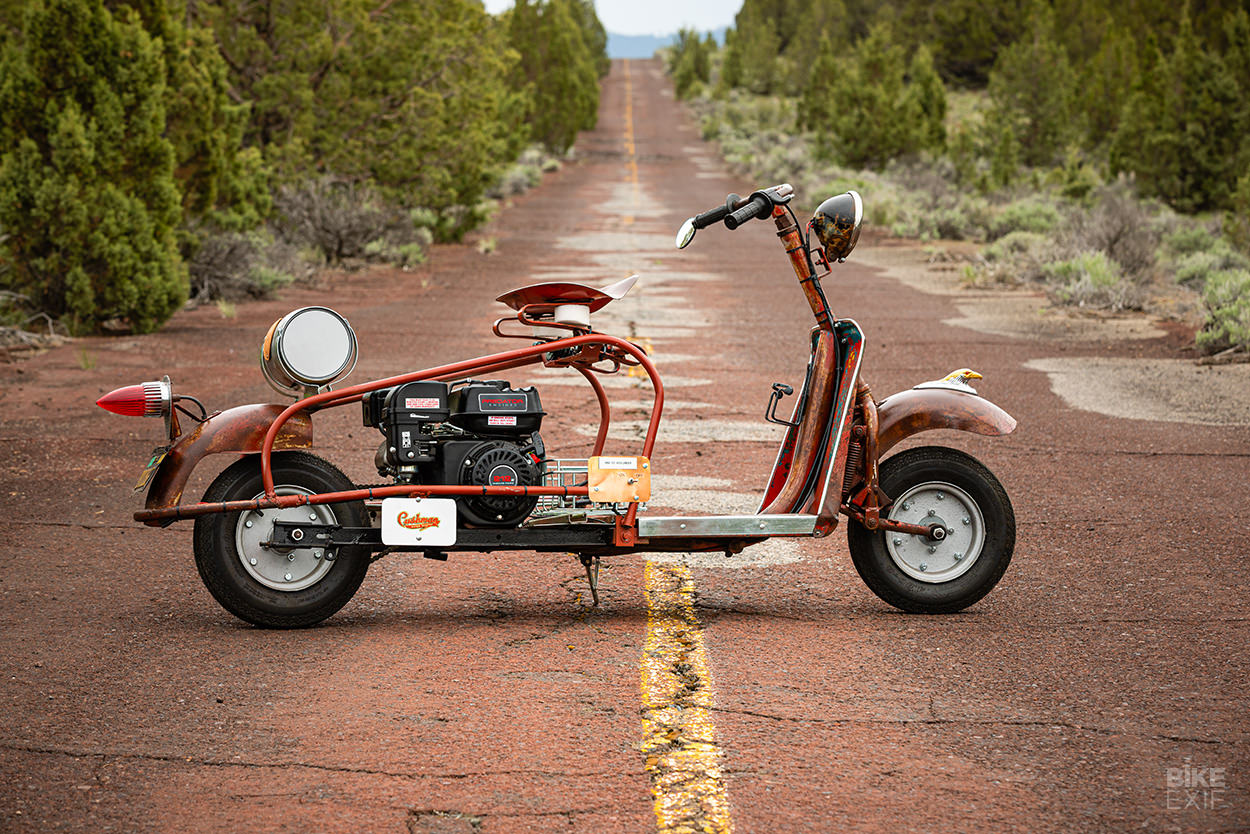Are Cushman Scooters Still Made?

Introduction
In the world of vintage vehicles, few names evoke nostalgia quite like Cushman scooters. These iconic two-wheelers are reminiscent of a bygone era, conjuring images of post-war America and the economic boom that followed. But what has become of these classic scooters today? Are Cushman scooters still made, or have they become relics of the past? This article delves into the history, evolution, and current status of Cushman scooters, unraveling their enduring legacy.
Quick Info Table
| Aspect | Details |
|---|---|
| Origin | Founded in 1903, Lincoln, Nebraska, USA |
| Peak Production | 1940s to 1960s |
| Modern Production | No longer manufactured as of the late 20th century |
| Legacy | Collectible status, influence on scooter design |
The Rise of Cushman Scooters
Early Beginnings
The Cushman Motor Works was founded in 1903 by cousins Everett and Clinton Cushman in Lincoln, Nebraska. Initially focusing on farm engines, the company expanded its production line to include scooters in the late 1930s. These scooters became particularly popular during World War II when gas rationing made smaller, more fuel-efficient vehicles highly desirable.
The Golden Era
The 1940s to 1960s marked the golden era for Cushman scooters. During this period, Cushman produced several popular models, such as the Cushman Eagle and the Cushman Highlander. These models were not only practical but also stylish, appealing to a wide audience from urban commuters to rural enthusiasts. Cushman's simple yet robust design made their scooters a reliable choice, cementing their place in American automotive culture.
The Decline and Discontinuation
Market Changes
As the automotive landscape evolved, Cushman scooters faced increased competition from imported scooters, particularly those from Vespa and Lambretta. These European brands offered sleeker designs and advanced features, appealing to the modern consumer and gradually overshadowing Cushman's offerings.

End of Production
By the late 1960s, the demand for Cushman scooters had significantly dwindled. The company shifted its focus to commercial and industrial vehicles, such as golf carts and utility vehicles. By the early 1970s, Cushman ceased production of consumer scooters altogether, marking the end of an era.
The Legacy of Cushman Scooters
Collectible Status
Today, Cushman scooters are highly sought after by collectors and vintage vehicle enthusiasts. Their classic design and historical significance make them prized possessions at auctions and vintage car shows. Restored Cushman scooters can fetch high prices, reflecting their enduring appeal and the craftsmanship of their era.
Influence on Scooter Design
Cushman scooters have left a lasting impact on scooter design, influencing the development of modern scooters with their emphasis on practicality, durability, and style. While they are no longer in production, their legacy lives on in the design principles adopted by contemporary scooter manufacturers.
Alternative Perspectives
Nostalgia vs. Modernity
Some argue that the charm of Cushman scooters lies in their historical context, representing a simpler time in American history. However, others believe that the evolution of scooter technology has brought about more efficient and environmentally friendly options that better suit today's needs. This balance between nostalgia and modernity continues to fuel debates among enthusiasts and consumers alike.
The Electric Revolution
In recent years, the rise of electric scooters has transformed urban transportation. While Cushman scooters were not designed with modern environmental considerations in mind, their basic principles of efficiency and practicality resonate with the goals of today's electric scooter manufacturers. This shift highlights the potential for blending classic design elements with innovative technology.

Conclusion
Cushman scooters, though no longer in production, have secured their place in automotive history as icons of American ingenuity and style. Their journey from popular post-war vehicles to coveted collectibles reflects broader trends in the automotive industry and societal changes. As we look back on the legacy of Cushman scooters, we are reminded of their impact on transportation design and the nostalgia they evoke.
In conclusion, while Cushman scooters are not made anymore, their influence endures. They serve as a reminder of how innovation can shape cultural trends and leave a lasting imprint on history. For collectors and enthusiasts, Cushman scooters remain a symbol of an era when simplicity and functionality were the cornerstones of design. As we embrace new technologies and transportation solutions, the spirit of Cushman scooters continues to inspire, bridging the gap between past and present.



Comments ()